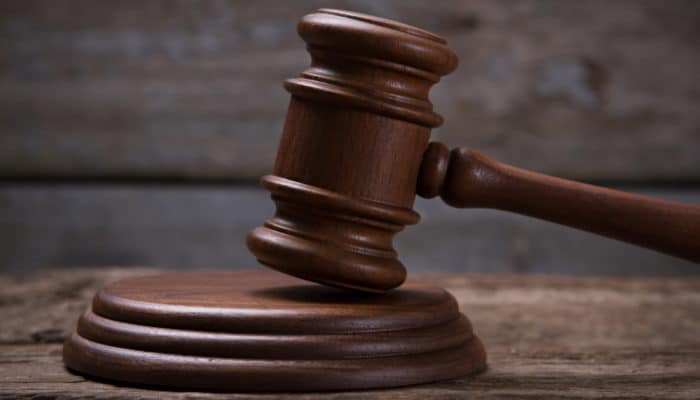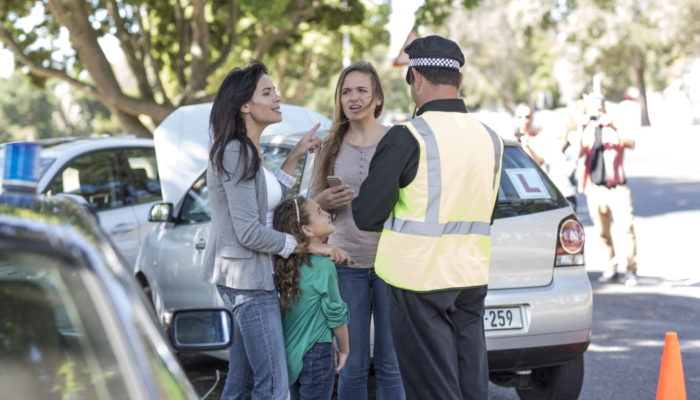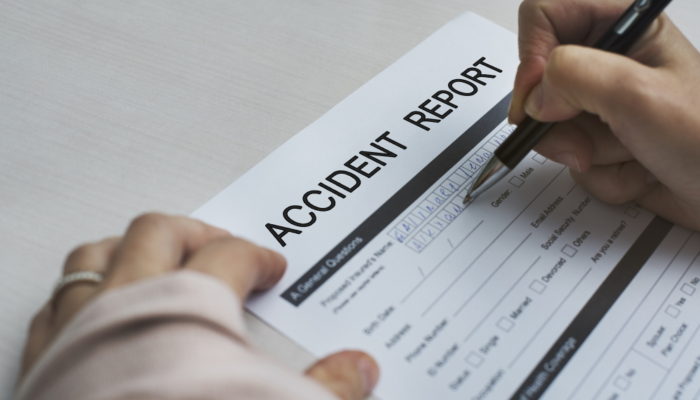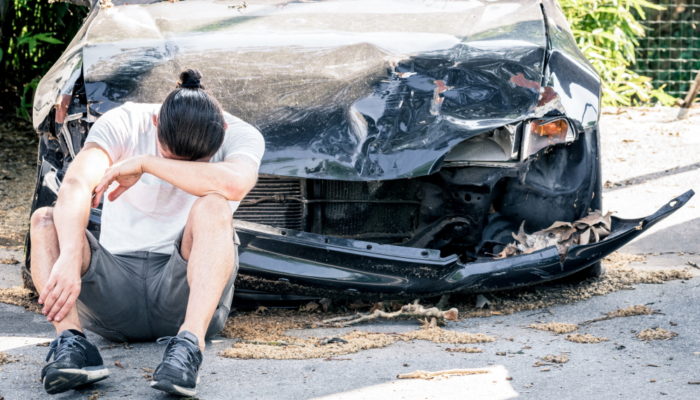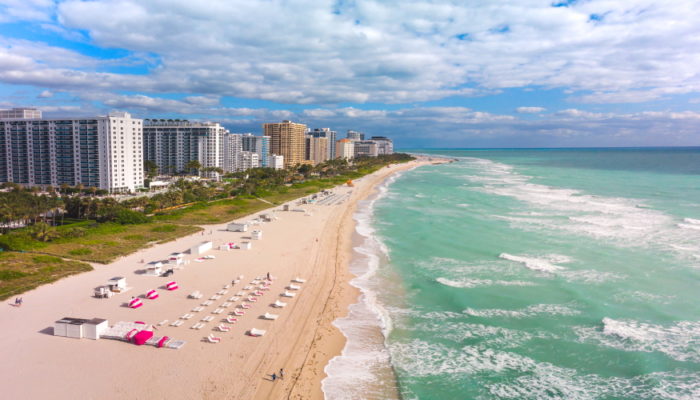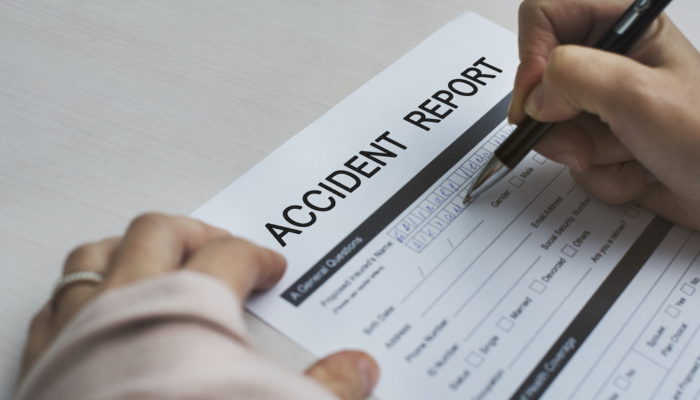A Memorandum as To Disposition of Tangible Personal Property is a document made part of a Last Will & Testament and makes specific gifts of the deceased’s or testator’s tangible personal property to take effect at death and can be handwritten by said person without the need of an attorney’s assistance. As stated therein, the Memorandum shall have no significance apart from its effect on the disposition of the subject individual’s property by the aforementioned Will and shall be attached to and kept for safekeeping with such Will. The person creating the Will expressly reserves the right to revoke or alter the Memorandum at any time prior to death and does not intend by this Memorandum to create any rights, whether by anticipation or otherwise, in any of the persons mentioned herein as testamentary donees or beneficiaries of the subject individual’s property. In other words, it is a supplemental document that must be referenced in the Will or living trust and allows one to specify the items of personal property they wish to leave to loved ones. A properly prepared personal property memorandum will be specifically referenced in one’s trust or Last Will and will be prepared in the testator’s own (preferably legible) handwriting and signed. It could be typed as well. No witness or notary signatures are required. The memorandum can be revised, amended, or replaced as often as the testator desires.
The role of this document in Florida Estate Planning is to reduce the risk of family conflict by preparing a personal property memorandum as a supplement to one’s Will. A personal property memorandum, which is merely a signed list identifying specific items and intended recipients, provides a means of clearly describing who gets what. In doing so, the memorandums become an important safeguard against estate or family conflict.
When it comes to preparing a personal property memorandum in Florida estate planning, one cannot just write out a list of whom a person wants to receive particular items and expect it to be enforced by a Florida probate court. A personal property memorandum needs to satisfy certain requirements set forth by statute, Fla. Stat. §732.515. One first needs a valid Florida Last Will & Testament (or trust instrument), which mentions one’s intention to create and incorporate a separate list of tangible personal property. The said memorandum or list can be the last page of the Will or trust or a separate document.
In order to be effective, a personal property memorandum must be signed by the testator (i.e., the individual whose Will is being supplemented). Florida’s personal property memorandum statute does not technically require the list to be dated, but dating is a better idea, as it tends to avoid confusion if the list is amended or revised later. More importantly, a personal property memorandum must also identify with reasonable certainty the items to be distributed and the individuals who will receive them. One needs to ensure each individual item and beneficiary can be readily identified without any further explanation.
One of the biggest advantages of using a MEMORANDUM AS TO DISPOSITION OF TANGIBLE PERSONAL PROPERTYis that it can be amended without going through all the formalities for creation of a Will or codicil. Consequently, if a person acquires new personal property or transfers existing property (or just changes their mind about the disposition), they can alter or revise the memorandum later on. In the alternative, they can just write up a new memorandum to supersede an earlier version, which is one of the reasons it is important to date the document.
However, if the actual Last Will and Memorandum both happen to include the same item, the Florida Probate Code says that the subject Will takes precedence even though the Memorandum was created later.
In Florida (as well as most other states that allow them), these memorandums can only be used to distribute “tangible personal property.†Therefore, their use excludes real estate since real estate is not personal property. “Tangible†means things that you can hold or touch, i.e., trinkets, antiques, clothing, jewelry, furniture, musical instruments, possibly firearms, and possibly pets.
HOWEVER, one may not be able to simply give a beneficiary a firearm as stated in a Will. There are situations in which their taking possession of the firearm or gun would be illegal, such as if they are a convicted felon. The same can be said for the personal representative’s or executor’s possession of the firearm. The personal representative is not exempt from the law, because they are acting on behalf of an estate. If one is not entitled to possess a gun, then speak with a specialized attorney with experience in firearms immediately about ensuring the firearms are stored in a lawful place during the probate process. As a personal representative, carefully review the decedent’s estate planning documents, including whether they have a gun trust, and speak with an experienced probate attorney before doing anything with the decedent’s firearms. Numerous federal and state laws regulate the sale or transfer of firearms, making the gifting process complicated. One cannot convey a gun improperly or to an unlawful recipient, which may violate the law. Further, if the decedent did not plan for how their guns were to be handled, the personal representative will need to know how to dispose of them properly and legally. The foregoing requires a more in-depth discussion, which may be dealt with at a later time.
On the other hand, “intangible†property cannot be distributed using a personal property memorandum. Accordingly, items such as bank or investment accounts, securities, insurance policies, and intellectual property are excluded. Also, cash does not qualify as “tangible†personal property. Promissory notes or other evidence of indebtedness do not qualify as well.
Another exception built into Florida law applies to property “used in business or trade,†which is not eligible for inclusion in a personal property memorandum. Said regulation means that certain items might be includable in one context but not in another. Tools you keep in the garage for household projects can probably be included in said memorandum, but those same tools might be ineligible if you use them in a business endeavor.
One of the most valuable personal property items that most people own, i.e., motor vehicles, should not be listed in the subject memorandum. The reason being those motor vehicles have certificates of title, and a vehicle’s title is what determines who owns it. Again, since a vehicle or boat has a certificate of title, it would be preferred to include said items in the Last Will or a Florida revocable trust. When the time comes, the personal representative or trustee signs over the title to the beneficiary. One can arrange to transfer an asset outside Florida probate through some type of joint ownership with a right of survivorship. When an asset is jointly owned with a right of survivorship, full title or ownership automatically vests with a surviving co-owner upon the other owner’s death.
Even if there is no title, one can better dispose of particularly valuable personal property through a Will rather than the aforesaid memorandum even though the subject item qualifies as “tangible personal property.†An attested Will provides more certainty and is less susceptible to ambiguity or tampering than a Memorandum, which can be informally revised. Therefore, if a person’s estate includes heirloom jewelry, for example, which might be considered expensive, it might be preferable to address it within the actual Will. If one is unsure whether an item is appropriate for a personal property memorandum, one should discuss it with an experienced Florida estate planning attorney.
A Florida personal property memorandum does not need to be a sophisticated legal document. A memorandum should have a brief description clearly identifying the document’s purpose, the date and the testator’s signature, and a list of items and beneficiaries. Each item needs to be described with certainty and beneficiaries should be sufficiently identified including the full legal names of recipients to eliminate any confusion.
One of the primary purposes of any estate plan is to avoid family conflict. Most estate plans adequately address large assets, but the smaller personal items may cause conflict. In Florida, incorporating a memorandum of personal property into the Last Will & Testament, which distributes tangible items with sentimental or some economic value, and which may not be included in the Will itself, is an effective way to avoid future battles among family members.
If you should have any additional questions or would like to discuss your situation, concerns, and needs, please call an Attorney at CASERTA & SPIRITI.


